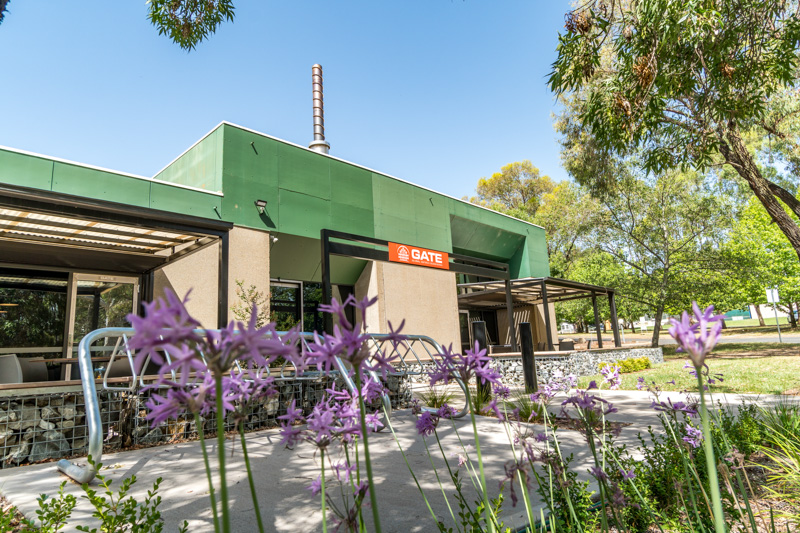
Our research
Research Services
We provide services to research and extension groups at OAI to enable them to undertake their work including: farm operations for horticulture and livestock, laboratory maintenance, site maintenance, infrastructure development, management of the training centre which is available for hire for up to 150 internal and external customers, sties administration and security.
Biosecurity Collections
OAI houses over 700,000 plant, pest and disease specimens dating back to 1895. We are world class experts in identifying pests and diseases and applying cutting edge molecular diagnostics for identifying agricultural threats. We ensure that produce into and out of Australia is free of pests and diseases.
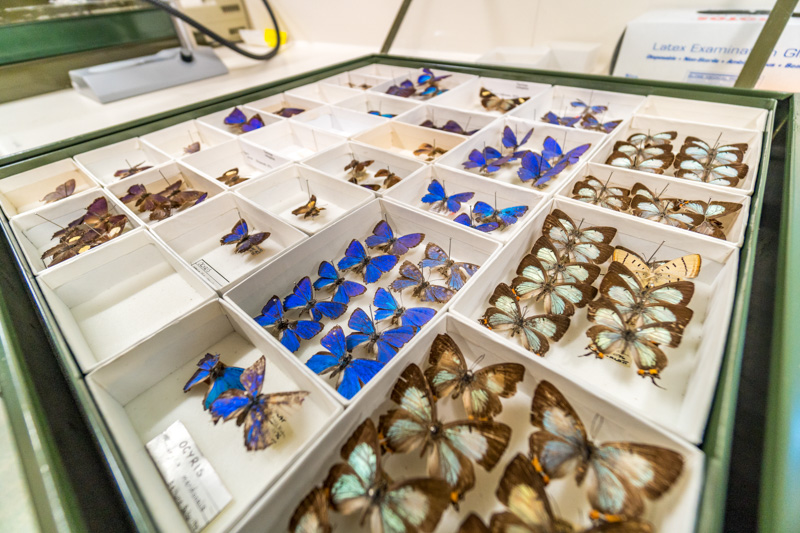
Vertebrate Pest Research Unit (VPRU)
Research centers on the scientific application of best practice management methods for pest animal problems. Our work involves using the highest standards of scientific research methods to provide reliable and information based advice. The VPRU staff specialise in a range of fields such as:
- Improved integrated management strategies for wild dogs, foxes, feral cats and deer
- Rabbit biocontrol
- Development of new survey methods for counting and analysing wildlife abundance
- Development and refinement of animal welfare best practice for the control of pest animals
- Aerial survey techniques and training
- Quantifying non-target impacts of pest management
- Calculation of sustainable harvest rates for kangaroos and waterfowl
- Citizen science and mapping
- Application of social psychology to understand the attitudes, beliefs and behaviours of the stakeholders to the management of pest animals.
Most VPRU researchers are located at OAI. However, there are a growing number of research staff located at the University of New England (Armidale) and in other parts of NSW.
Weed Research Unit
We work in cropping, grazing and environmental systems, tackling the weeds that affect these systems the most. Our Weeds Research, Development and Extension Strategy details current work under three major weeds research themes: 1) prevention and early intervention; 2) mitigating adverse impacts; and 3) enhanced adoption and engagement. For example, we aim to develop best practice management approaches through gaining a greater understanding of the biology and ecology of weeds and developing cost effective integrated management strategies. Current research projects include:
- Integrating weed tactics for best practice management
- Mitigation and management of herbicide resistance
- Seed bank biology
- Weed biological control
The main focus of weed research at OAI is weed biological control. The expansion of the Biosecurity Insect Containment Facility here will allow the Unit to increase their research on biocontrol.
Horticulture
OAI runs a hazelnut variety evaluation program that has been established to assess regional performance and potential new production areas; we currently have 15 varieties in our orchards.
The Institute is trialling ultra-high density walnut plantings in Orange and future plantings are planned to support walnut research under the Federal Government’s Research for Profit program.
Further commercial trials for over 500 Cherry trees to reduce the impacts of fruit fly and thrips on fruit rot. Through the Australian Pome Fruit Improvement Program, new apple varieties are tested for growth and fruit quality.
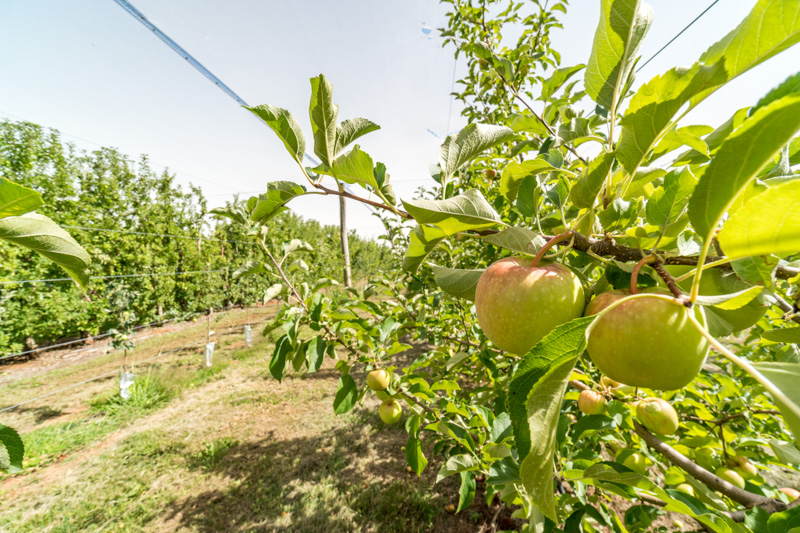
Viticulture
We work with grape growers and winemakers to create disease resistant wine grapes to lower costs and reduce chemical use, for a safer and cleaner environment and end product. We are working to increase production, protect grapes from environmental extremes and also to develop new wine varieties.
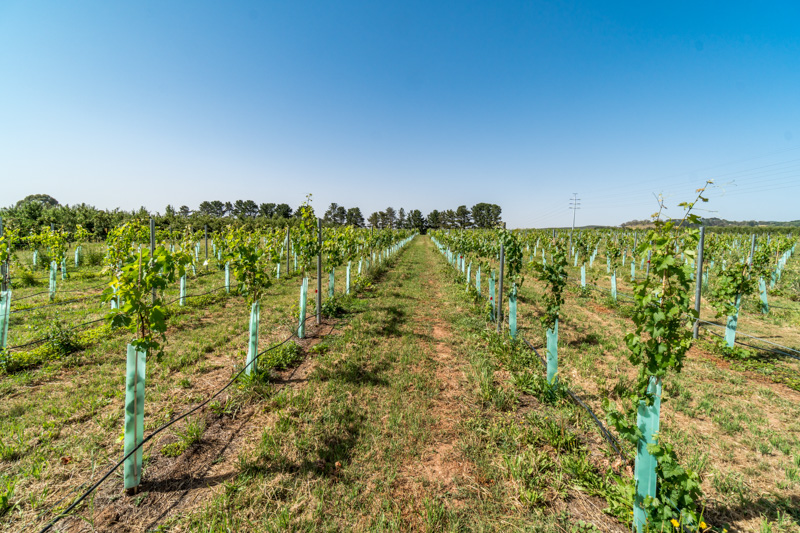
Climate
The climate unit has specialists working in agricultural climatology, agricultural systems modelling, climate risk and impact assessment and computational and spatial science. Key projects include: NSW Enhanced Drought Information System to improve the accuracy, reliability and comprehensiveness of drought assessment, monitoring and early warning; digital agriculture for developing real time on farm and regional technology to monitor changes in climate, soils, pasture and animals; seasonal conditions reporting to help landholders prepare for seasonal conditions and drought and climate mitigation for delivering a comprehensive picture of pre and on farm GHG emissions along with information and opportunities to modify these emissions.
Pastures
Researchers at OAI are working towards further understanding the relationship between soil properties, pasture improvement and livestock performance. We manage native and introduced pastures, assess paddock and farm feeds, predict animal performance and develop excellence in whole farm management practices.
Livestock
Collaborating with Sheep CRC, Australian Wool Innovation, CSIRO and various universities, we have developed new programs to assist the sheep industry with genetic evaluation of merino sheep through programs such as “Selection Assist” and “Pedigree Matchmaker”. Working with farmers to improve production and profitability of sheep and wool; we are constantly developing tools to reduce time and labour and implement improved management strategies.
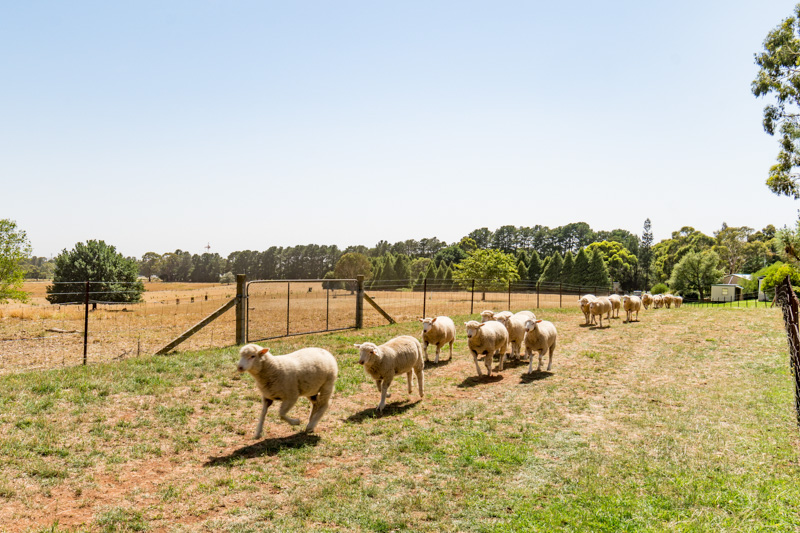
Soils and Water
We conduct research and development that enables sustainable use of agricultural soil and water and increases the social license to operate for agriculture in NSW. Specifically the Soil and Water team at Orange manage staff who are identifying the trends and drivers of water productivity in a range of industries, identifying practices that minimise the effect of agricultural activities on diffuse pollution and promote DPI Ag R&D to NSW policy makers to allow evidence based decision making within NSW water policy.
Global Ag-Tech Ecosystem (The GATE)
The OAI is home to NSW DPI's Global Agtech Ecosystem (GATE) which is an initiative of the NSW government to increase connections between public research and private sector innovation in creating new products and services. GATE programs are open to any individual, company and research organisation to explore agtech ideas. GATE offers grand challenge events, startup mentoring services, incubator services and support of ‘proof of concept’ stages, accelerator services and support prototype scale up and production reliability, commercialisation and business support (advising on business structures and planning, IP management, market appetite testing as well as investor showcases. The Gate facilities provide for co-working space, meeting and conference rooms. It is also headquarters for the Business Development & Innovation team who are tasked with goals of improved innovation, digital transformation and increased research commercialisations.
